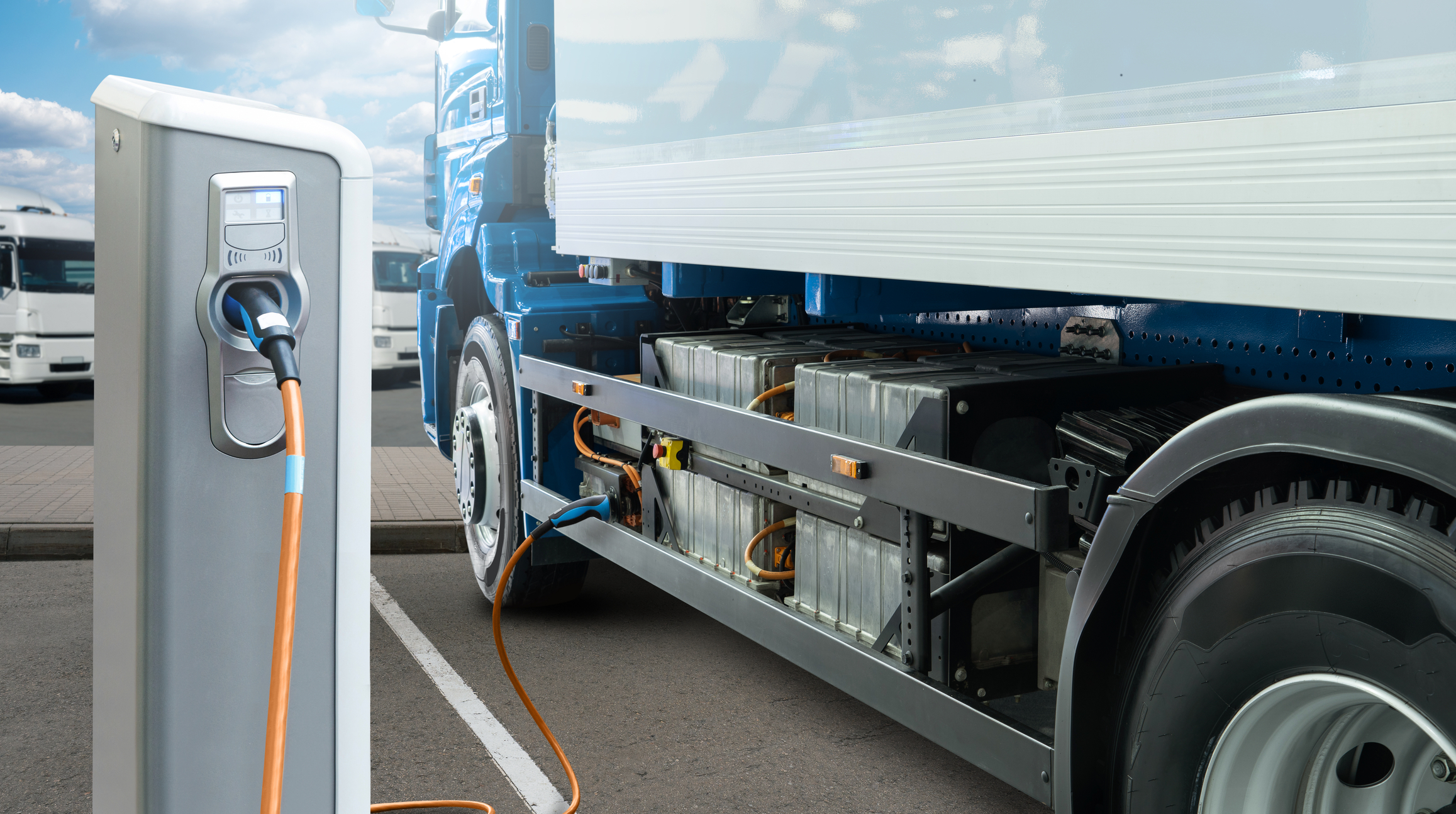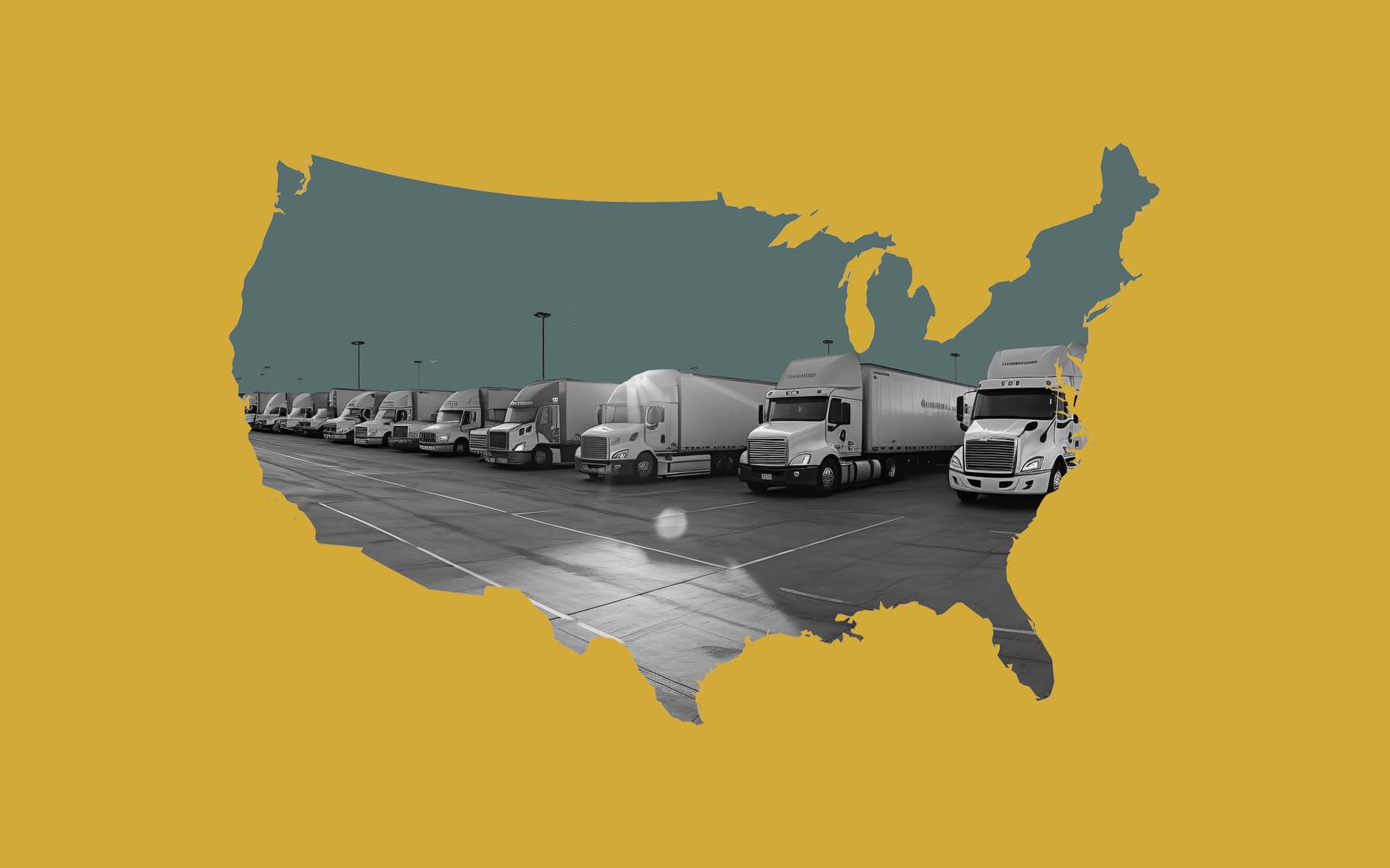After Congress last month voted to kill rules increasing the number of electric trucks, the agreement, known as the Clean Trucks Partnership, has provided certainty to the hundreds of businesses across the US which have adopted over 52,000 electric trucks, and especially California, on the leading edge of electrification. A petition filed by the association with California’s Office of Administrative Law – seeking, years after the fact, to kill the contract by casting it, improbably, as an improperly-adopted regulation – undermines that certainty.
Truck manufacturers are behind efforts to kill clean truck rules in Congress and undermine them at state level, and there are concerns that they are also behind the attack on the Clean Trucks Partnership.
Craig Segall, who, as Deputy Executive Officer and Assistant Chief Counsel of the California Air Resources Board, helped negotiate the Clean Truck Partnership Agreement and the rules which it underpins, said the attack on the agreement would set the trucking industry back and called on truck manufacturers to stand by the agreement they signed just two years ago:
He added: “The companies shook hands with California on a workable path forward. Will they now stand behind their commitments as others attack them? Or will they stay silent during this attack? My hope is that they will stand up for the electric future they claim to support.”
Sierra Club California Director Miguel Miguel said: “The Clean Trucks Partnership is critical to cutting pollution from the heavy-duty transportation sector in California. As federal leadership on clean transportation weakens, our State remains determined to move forward, protect frontline communities from toxic air pollution, and serve as a model for the rest of the country. We need truck manufacturers to stay the course and not bow to industry pressure to abandon clean truck commitments.”
Both Volvo and Daimler have begun to question whether they are bound to implement the clean trucks rules. Both manufacturers have a dominant position, commanding around 50% of the US market, and play an outsized role in how the industry responds to regulation and policy.
There are concerns that the US will be left behind on trucking innovation and that the trucking industry will be forced to continue paying high diesel prices. In China electric trucks made up 22% of light-duty commercial vehicle sales and 15% heavy duty truck sales in April, according to Bloomberg. Europe saw a steep drop of 17.7% in diesel truck sales and a jump of over 50% in electric truck sales between January-April this year, according to industry figures.
At the recent Electric Vehicles Symposium 38 in Gothenburg, Sweden, Daimler Truck CEO Karin Rådström emphasized Daimler’s readiness to electrify, yet presented a slide stating, “Stop regulation, enable implementation”. Meanwhile Volvo Trucks CTO Lars Stenqvist claimed “the ramp-up is too slow” yet Volvo has been accused in its home country of obstructing clean trucks regulations.



